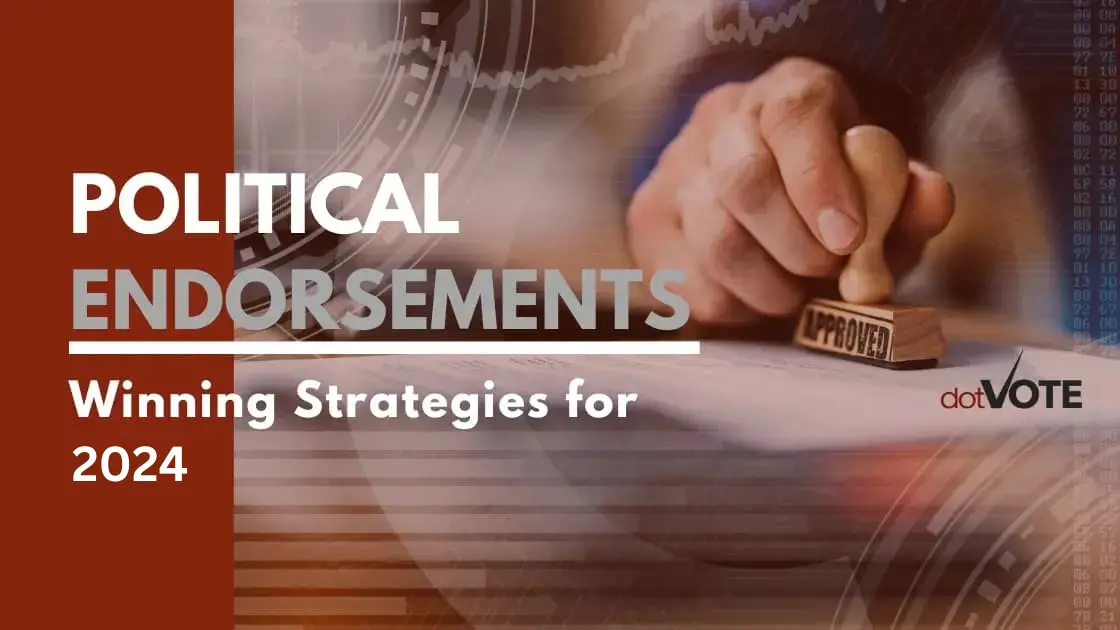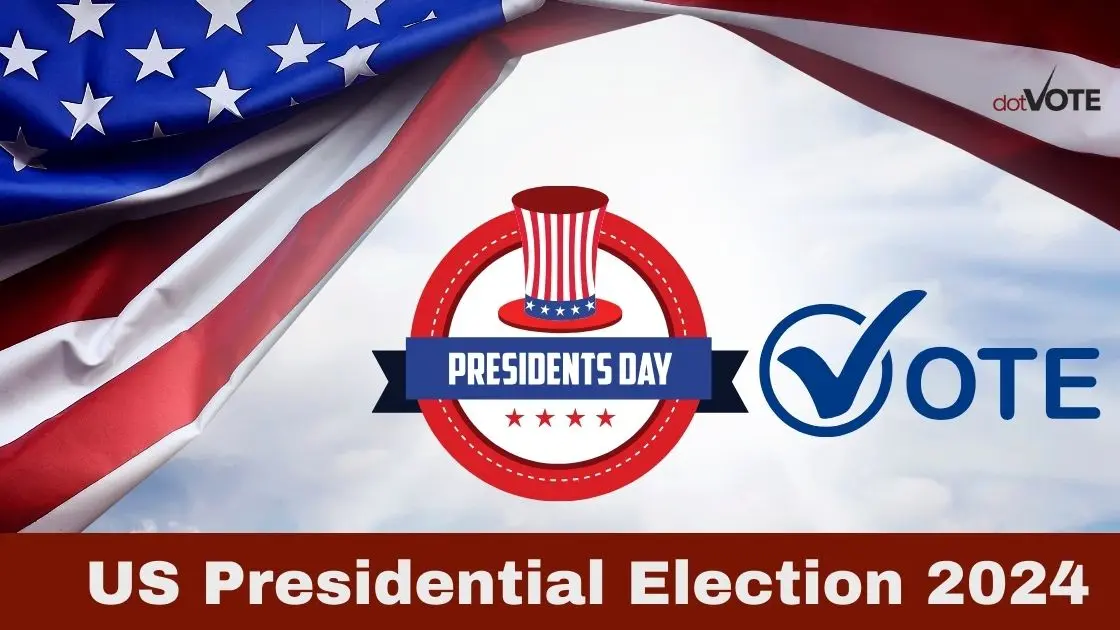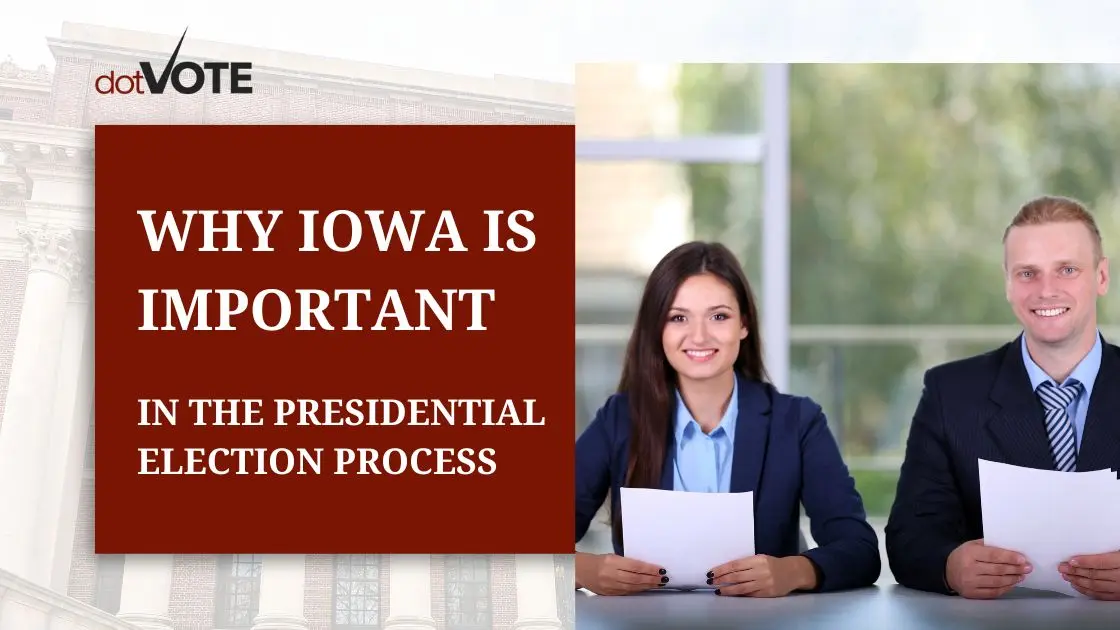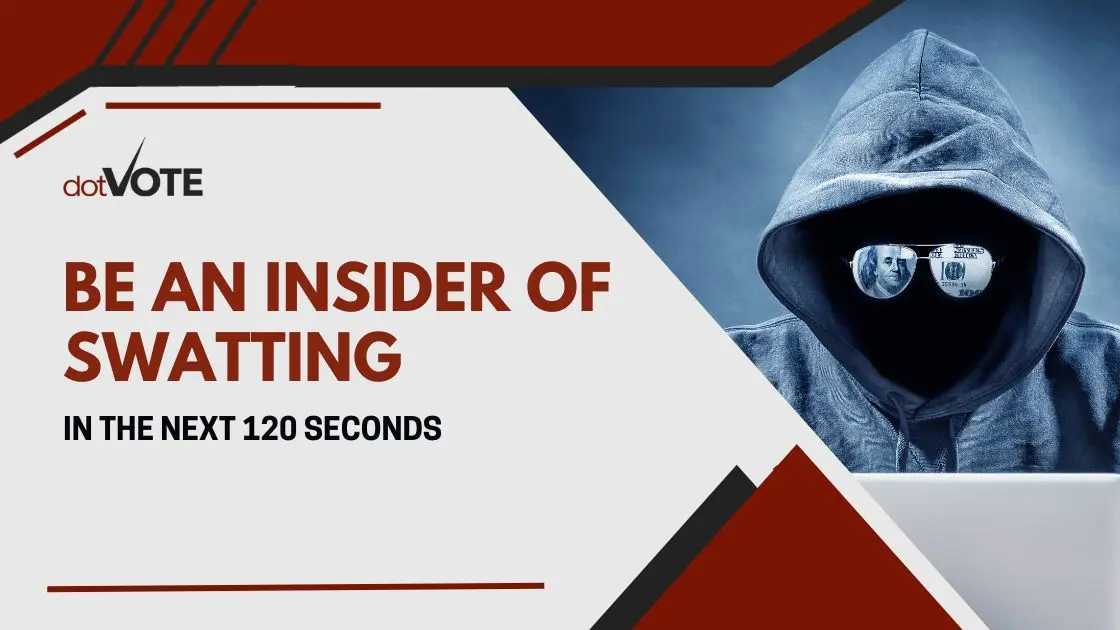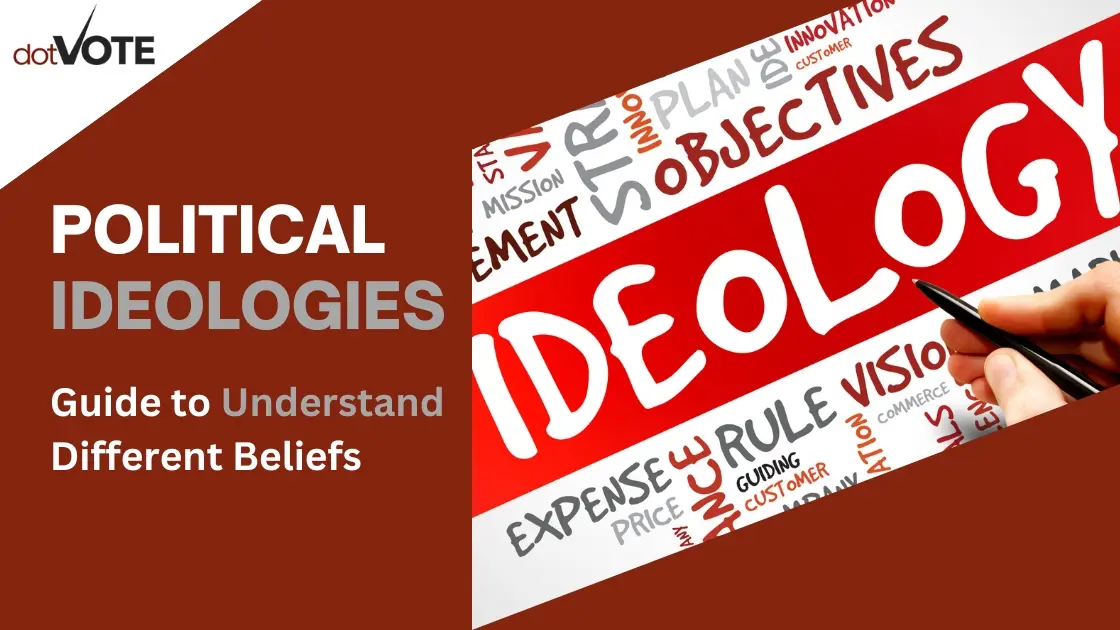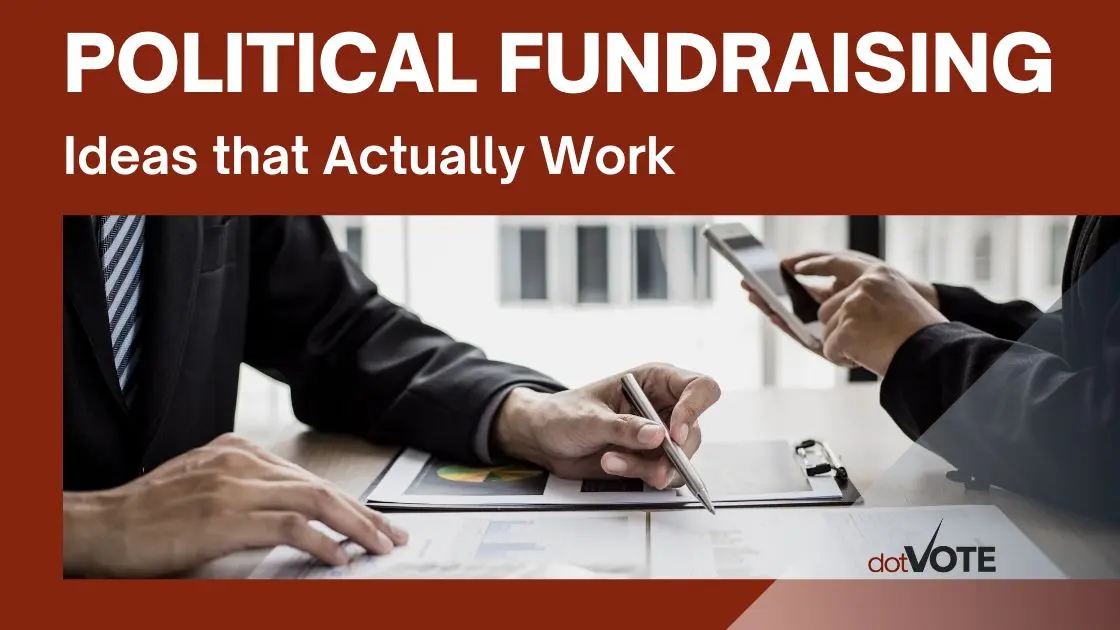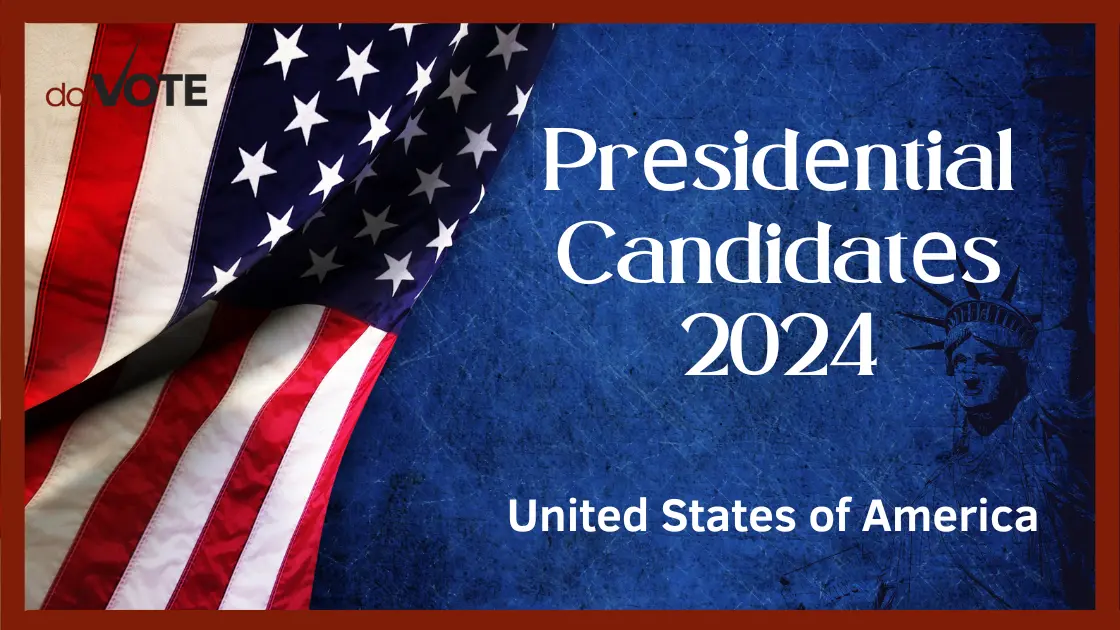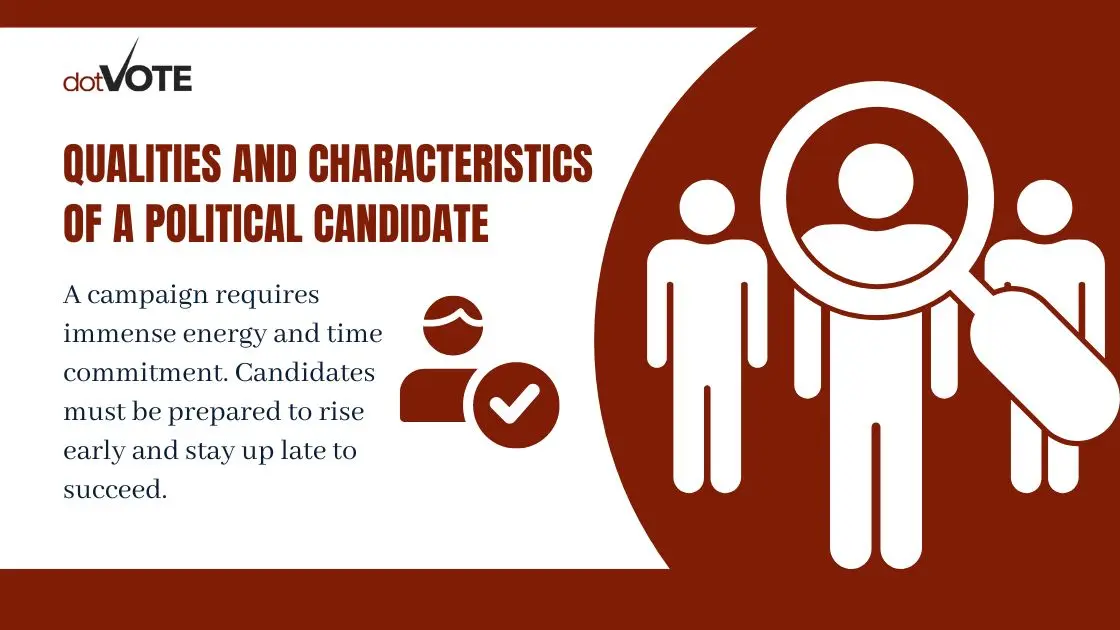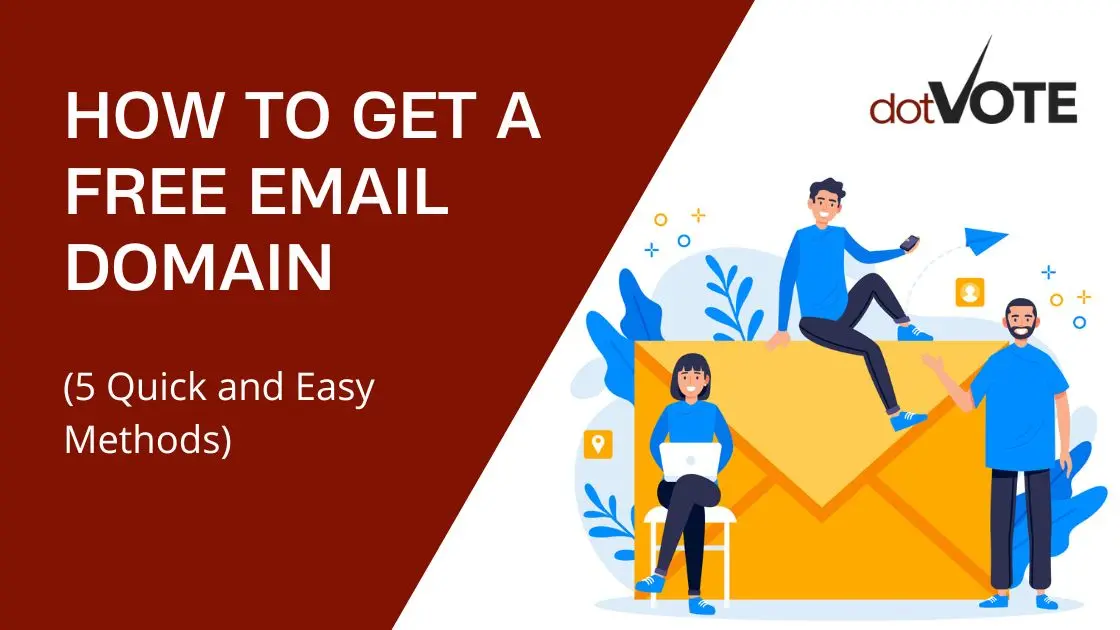Political endorsements can make or break a politician in the high-stakes world of politics. These open statements of support can increase influence and reach and forge vital alliances. Although it takes skill and a well-thought-out plan, obtaining political endorsements is an art. Everything from establishing connections to avoiding potential traps will be explored as we explore the complex process of securing political endorsements for your campaign.
What is a Political Endorsement?
A political endorsement is a public statement of support for a political party, candidate, or cause made by a person, group, or other significant player in the political sphere. Endorsements are effective strategies for influencing public opinion, enhancing a candidate’s reputation, and forming alliances. They can take several different forms, from public words of support to actual involvement in campaign efforts.
To sway voters and change public perception of a candidate or cause, endorsers, who are frequently powerful and well-respected, contribute their name and credibility to the endorsed entity. Political endorsements are significant because of their capacity to exude authority, draw wider support, and denote unanimity among political parties or interest groups. Though it entails concerns, the process of gaining endorsements necessitates cautious navigation.
Understanding Endorsements' Influence:
Election results are significantly influenced by conservative party endorsements in terms of public opinion. Voters’ impressions of a candidate’s reliability and qualifications are influenced by these strong signs of support made in public. A candidate’s endorsement from a reputable person, group, or powerful individual serves as a significant seal of approval that can persuade and understand unsure voters and increase support from current supporters.
Importance of Political Endorsement:
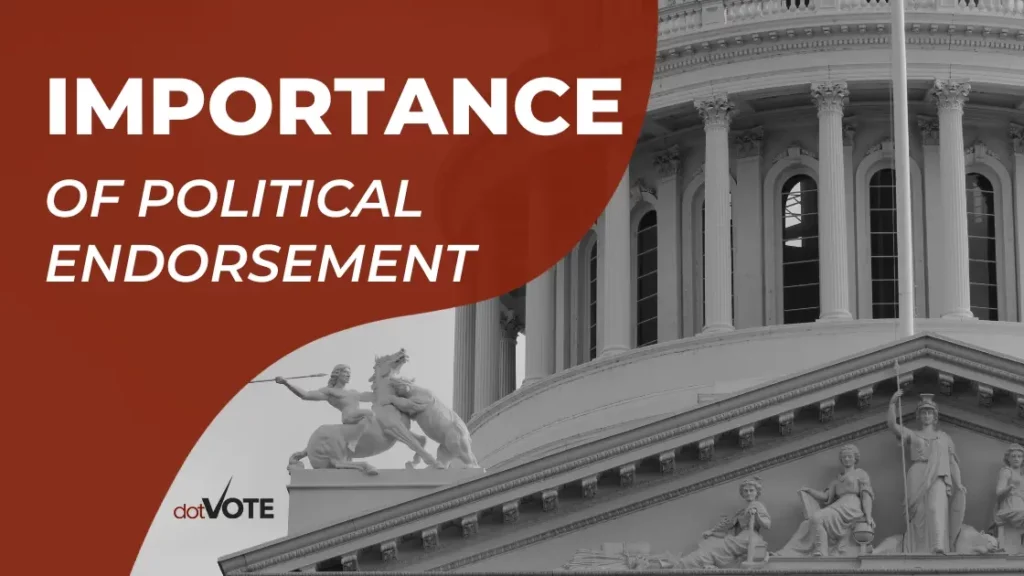
For candidates looking to forge alliances and increase their appeal, endorsements are strategic instruments. They frequently denote agreement with particular principles, regulations, or political beliefs, enabling candidates to draw on the endorser’s longstanding goodwill and reputation. Political endorsements have an impact on more than just the individual candidates; they can also have an impact on parties, whose unity and coherence are shown by backing from well-known political organizations.
Additionally, in the digital age, endorsements can serve as a type of social proof. An individual’s message is amplified and communicated to a wider audience when they support a candidate on social media platforms. A shift in public perception could result from unfavourable endorsements or support withdrawals, on the other hand.
Impact of Political Endorsement:
Though not always, endorsements do have an impact. According to the endorser’s reputation, how closely their values match those of the electorate and the political environment varies. To successfully navigate this environment, candidates must carefully weigh the possible effects of each endorsement, weighing the advantages of increasing support against the dangers of alienating particular voting categories. Candidates who want to traverse the challenging environment of political campaigning successfully must, in essence, comprehend the nuanced influence of political endorsements.
A Glimpse of Well-Known Political Endorsements:
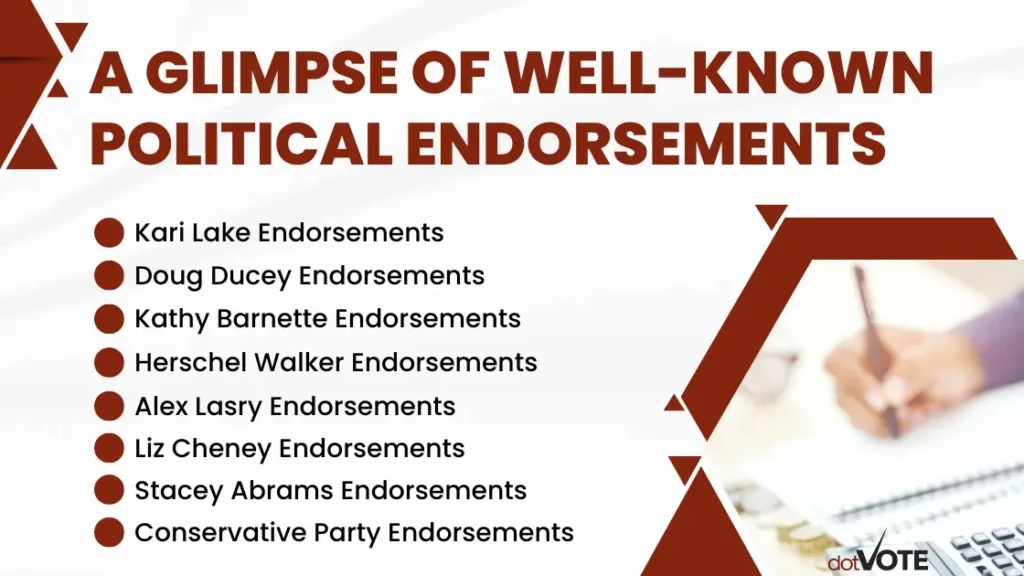
- Kari Lake Endorsements: A former television anchor, Kari Lake, declared her intention to run for Arizona governor in 2022. Because of her affinity for Republican principles, her endorsements are probably coming from conservative groups.
- Doug Ducey Endorsements: From 2015 until 2021, Doug Ducey served as Arizona’s governor. His support would be predicated on his prior experience as a Republican governor, emphasizing matters such as border security and economic restraint.
- Kathy Barnette Endorsements: A 2020 Pennsylvania congressional candidate, Kathy Barnette is a conservative political pundit and writer. Support for her could originate from her stance on conservative issues.
- Herschel Walker Endorsements: Former Georgia football player Herschel Walker declared his candidacy as a Republican for the U.S. Senate. He most likely received backing for his candidacy from conservative organizations.
- Alex Lasry Endorsements: A Democratic candidate, Alex Lasry, sought the Wisconsin Senate seat. He would receive endorsements from Democratic people or organizations in support of his candidacy.
- Liz Cheney Endorsements: Liz Cheney was a Republican Representative from Wyoming who caused a stir inside the GOP when she voiced her disapproval of then-President Trump. People who respect her adherence to conservative values despite intra-party conflicts may support her.
- Stacey Abrams Endorsements: A well-known Democratic politician in Georgia, Abrams focuses on voter engagement and registration efforts. She is most likely receiving support from Democratic people or organizations.
- Conservative Party Endorsements: Generally, this refers to affiliations with conservative political parties or organizations. These endorsements can apply to a variety of conservative candidates.
How to Secure Political Endorsements for Your Campaign
Endorsements bring out the subtle tactics needed to win support. This in-depth guide will cover everything from cultivating relationships to avoiding potential pitfalls as we explore the complex process of securing political endorsements for your campaign.
Building a Strong Foundation:
A strong foundation is the building block of your political campaign. Pay great attention to details such as:
Define your message and values:
The first stage in creating a captivating narrative that appeals to people is to clearly define your campaign’s message and values. The background of Kari Lake’s endorsement as a media personality becomes a key component of this narrative in the context of her entry into politics. The ability to communicate the campaign’s message and principles to voters helps them understand what the campaign stands for.
By highlighting openness, good communication, and a dedication to the public’s right to knowledge, Kari Lake can stand out from the competition by drawing on her experience in the media. This calculated approach serves as the foundation for her campaign’s success and, possibly, attracts significant political endorsements. It also sets her campaign apart.
Create a captivating narrative:
Creating a captivating narrative is essential to winning over the hearts and minds of your target audience. Taking cues from Doug Ducey’s endorsements provides insightful information about the story that appeals to both party members and a larger voter base.
For instance, a narrative that appeals to conservatives while maintaining a broader appeal can be built around the pillars of leadership, economic prudence, and a track record of good governance. Your campaign narrative becomes a potent weapon for not just collecting political endorsements but also for creating a connection with a spectrum of people across political lines by being carefully crafted to address the issues and goals of varied constituents.
Build a Solid Base of Support:
Before pursuing larger endorsements, it is strategically important to first establish a solid base of support among the general public. The significance of this strategy is highlighted by Kathy Barnette’s recent endorsements, which are based on specific causes. The basis for greater appeal is laid by deepening ties with the core constituency, which also creates a solid base for gaining endorsements that are consistent with the campaign’s aims and beliefs.
Identifying Potential Endorsers:
Recognize the major players in your political environment. Understanding the political climate and key players inside your party is crucial when seeking conservative party endorsements.
Analyze the possible endorsers’ influence. Think about the influence that individuals like Herschel Walker or Liz Cheney have in their respective fields and how their support for your campaign might be affected.
Look for supporters whose beliefs coincide with those of your campaign. An analysis of examples, such as Stacey Abram’s lieutenant governor endorsements and support for a lieutenant governor, highlights the significance of agreement with certain concerns and ideals.
Building Connections:
Participate actively in neighborhood gatherings where supporters, such as those named in LA Times mayoral endorsements, are likely to be present. Building relationships requires interaction with influential people and leaders in your community. Have sincere discussions with possible supporters. For instance, current instances like Alex Lasry’s endorsements from powerful individuals demonstrate the value of establishing personal relationships and having candid dialogue to win support. Utilize current networks and contacts, particularly those inside your party. Understanding the mechanics of party endorsements, as demonstrated with the Doug Ducey endorsement, can lead to the emergence of useful contacts.
Creating an Endorsement Pitch:
When addressing possible endorsers, emphasize similar ideals. Alignment with fundamental party ideals is extremely important in conservative party endorsements. Make a case for the advantages of your endorsement. Examining examples of political endorsements, such as those in the Tampa Bay Times, can provide information about how endorsements help candidates gain more visibility and influence. Create an all-encompassing endorsement package that contains promotional materials and important stances on issues. Clarity on policy alignment is essential when attempting to gain support from influential people like Liz Cheney’s endorsement.
Avoiding Potential Pitfalls:
When looking for well-known people like Herschel Walker’s endorsement, be careful not to come off as opportunistic. For your approach to be credible, it must be genuine. Consider and respond to any possible issues that endorsers might have. Liz Cheney’s endorsements, where resolving internal party disputes is a part of the endorsement strategy, serve as an example of the need for transparency. To appeal to a wider audience, seek out endorsements from a variety of sources. Recent political endorsement cases emphasize the value of having a mix of elected officials, community leaders, and representatives from various interest groups.
Leveraging digital platforms:
Utilize social media to connect with possible endorsers by leveraging digital platforms for engagement. The use of social media sites like Twitter and LinkedIn in developing online relationships is demonstrated by Alex Lasry’s endorsements and recommendations.
For your campaign, make sure you have a strong internet presence. The significance of a well-designed website and active social media accounts is highlighted by recent examples of political endorsements. Investigate digital endorsement tactics, especially when it comes to instances of political endorsement involving public figures like Kari Lake in the media. In the digital age, online bloggers and influencers can be quite important.
Conclusion
To gain political support a thoughtful, strategic approach adapted to the particular dynamics of your campaign is necessary for success. Examples of recent political endorsements offer insightful information on winning tactics.
Lay a strong foundation for your campaign by outlining its message and core principles in detail. Research influential figures in your political environment to find possible supporters. Take examples from Doug Ducey’s and Kathy Barnette’s endorsements of candidates for particular causes. Attend events, participate in conversation, and take advantage of current networks to forge sincere connections with these people or groups.
Build strong arguments for your campaign by emphasizing shared values and the potential effects of the endorsement. Avoid potential hazards, including coming across as opportunistic or failing to consider prospective issues. As shown by recent incidents with social media stars endorsing political candidates, embrace the digital age by using online channels for involvement.
Keep in mind that endorsements are about more than just getting immediate support; they’re also about building long-lasting relationships that help your political career as a whole. Your campaign will be better positioned for success in securing significant endorsements that appeal to a wide range of voters with a well-thought-out strategy anchored on authenticity and strategic thinking.
FAQ’S
Q1: What do you mean by political endorsement?
A public declaration of support or approval for a specific candidate, political party, or subject is known in politics as an endorsement. It frequently originates from local people, groups, or significant leaders.
Q2: Who normally endorses a political candidate?
Political endorsements can come from a wide range of people and organizations, including well-known figures like politicians, celebrities, and community leaders, as well as media outlets, labor unions, and advocacy groups. Through endorsements, people and organizations can use their power to shape public opinion.
Q3: How do political endorsements affect elections?
Election endorsements can be quite influential since they let voters know how many reputable people or organizations support a particular candidate or cause. Positive recommendations can increase a candidate’s legitimacy, widen their appeal, and draw in more voters. On the other hand, unfavorable recommendations may have the opposite impact.
Q4: Are there any ethical issues with political endorsements?
Yes, openness, accountability, and potential conflicts of interest are important ethical factors to take into account when making political recommendations. Endors must be upfront about their objectives, and there are frequent discussions regarding whether particular endorsements are motivated more by private interests than by the common good.
Q5: Are endorsements a surefire way to win an election?
Even if endorsements have some sway, they do not ensure election success. An endorsement is merely one of many things that voters take into account when making their decisions. The policies, background, and electability of a politician are also very important. Additionally, an endorsement’s effect might change based on the endorser’s popularity and reliability.

